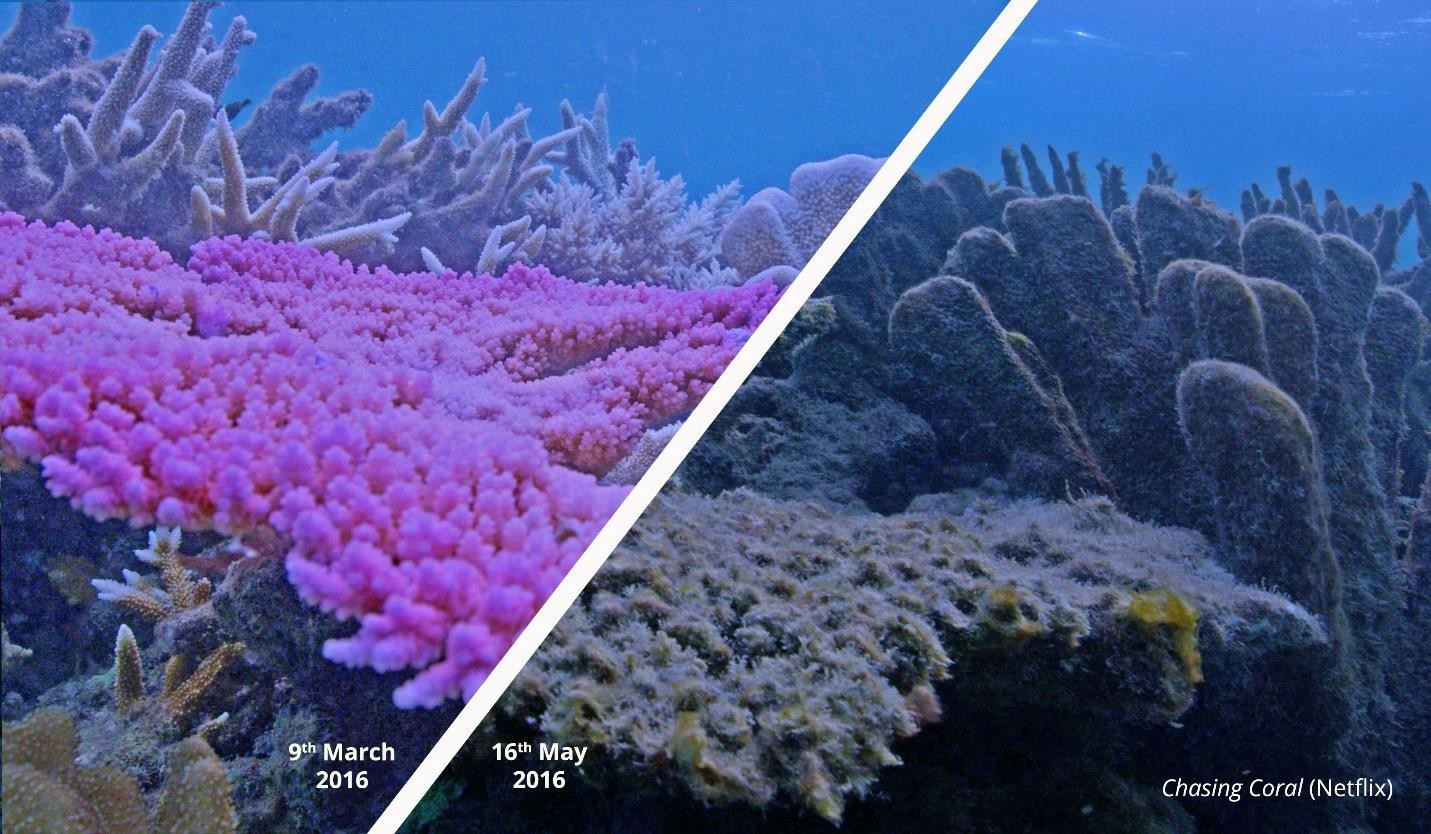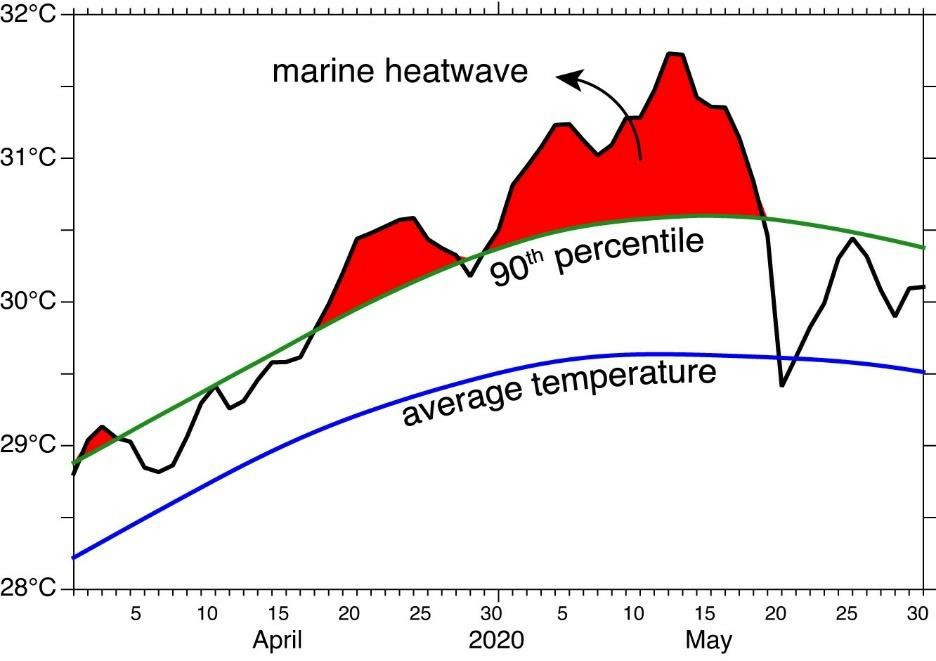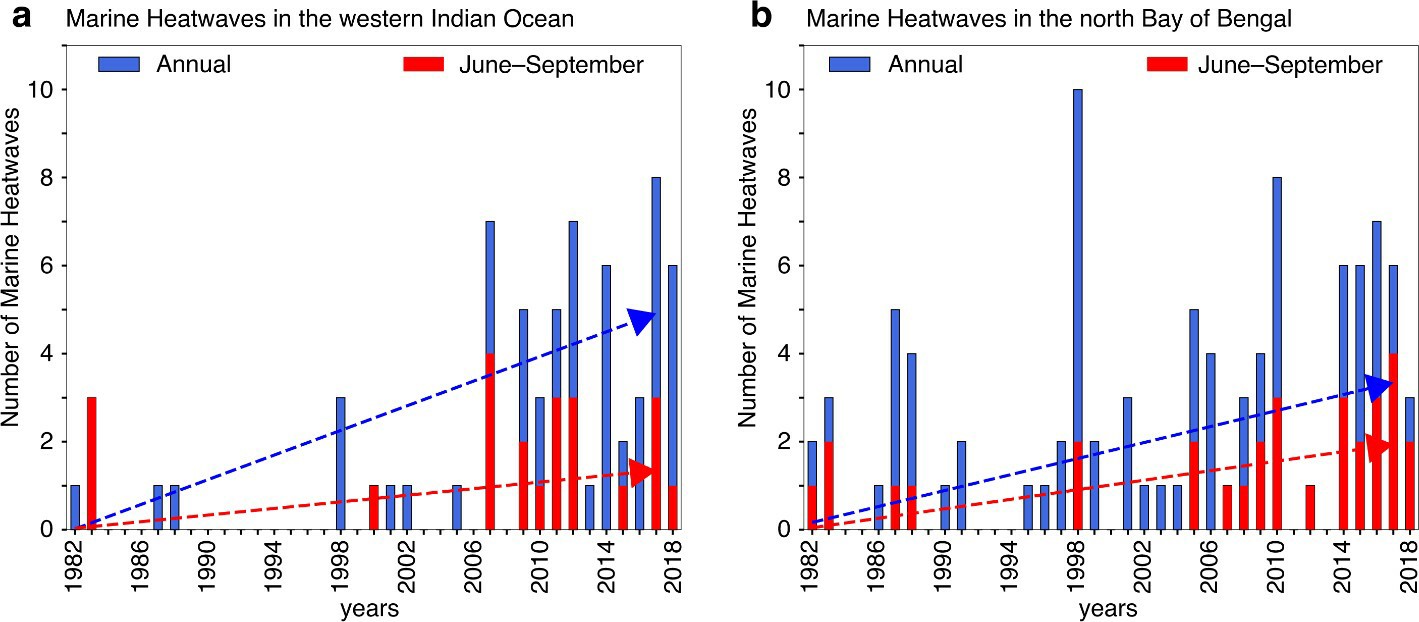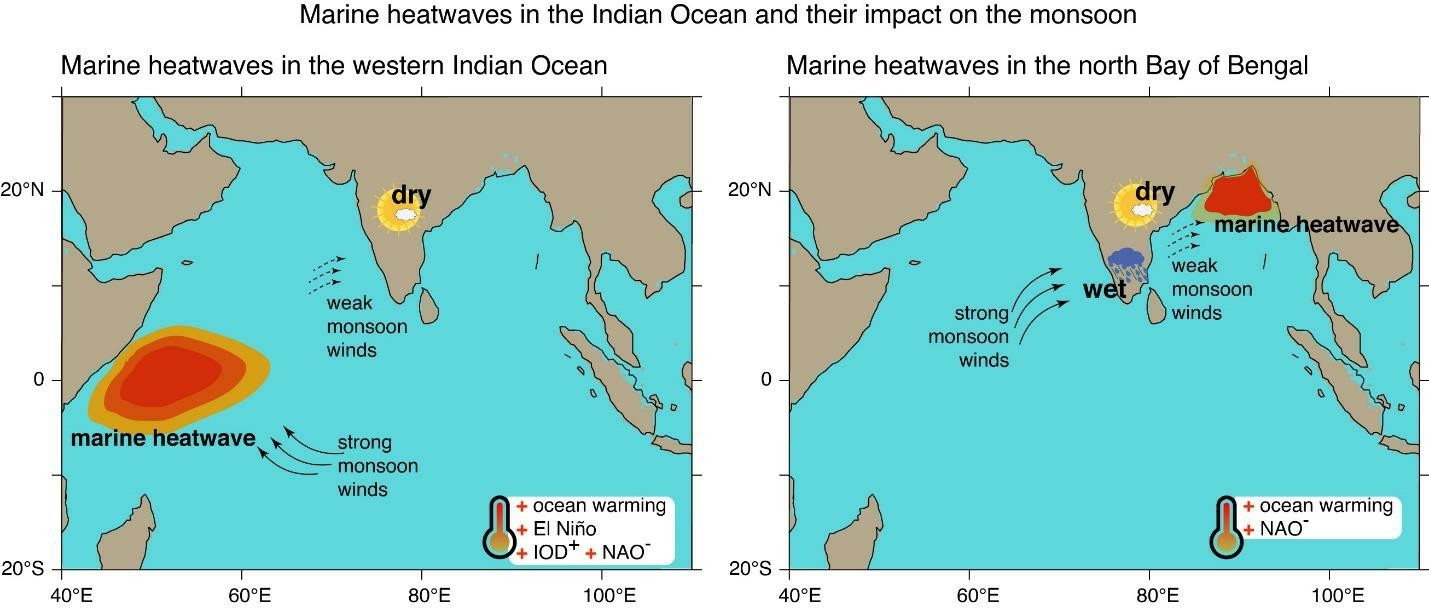Ministry of Drinking Water & Sanitation
IITM Study: Increasing heat-waves in the Indian Ocean alters the monsoon rains
Posted On:
02 FEB 2022 11:32AM by PIB Mumbai
Mumbai, 02nd February 2022
Marine heatwaves are increasing in the Indian Ocean and that is having an impact on the Indian monsoon rainfall, reports a study led by Roxy Mathew Koll of the Indian Institute of Tropical Meteorology (IITM), Pune.
In the study published in the journal JGR Oceans, the researchers report a significant increase in marine heatwaves, aided by rapid warming in the Indian Ocean and strong El Niños. They find that these marine heatwaves impact the monsoon by reducing the rainfall over the central Indian subcontinent while enhancing it over the southern peninsula.
What are marine heatwaves?
Marine heatwaves are periods of extremely high temperatures in the ocean (above the 90th percentile). These events cause habitat destruction due to coral bleaching, seagrass destruction, and loss of kelp forests, affecting the fisheries sector adversely. An underwater survey showed that 85% of the corals in Gulf of Mannar near the Tamil Nadu coast got bleached after the marine heatwave in May 2020. Though recent studies have reported their occurrence and impacts in the global oceans, they are least understood in the tropical Indian Ocean.

Marine heatwaves lead to coral bleaching, seagrass destruction, and loss of kelp forests, affecting the fisheries sector adversely. Image Credits: Chasing Coral, Netflix.

Example of a marine heatwave in the Bay of Bengal during April–May 2020. Marine heatwaves are periods of extremely high temperatures in the ocean (above the 90th percentile of sea surface temperatures). 85% of the corals in Gulf of Mannar near the Tamil Nadu coast got bleached after the marine heatwave in May.
Increase in marine heatwaves in the Indian Ocean, in response to rapid ocean warming
These heatwaves used to be rare in the tropical Indian Ocean, but now they have become an annual affair. The western Indian Ocean region experienced the largest increase in marine heatwaves at a rate of about 1.5 events per decade, followed by the north Bay of Bengal at a rate of 0.5 events per decade. During 1982–2018, the western Indian Ocean had a total of 66 events while the Bay of Bengal had 94 events.

During 1982–2018, the western Indian Ocean region experienced the largest increase in marine heatwaves at a rate of 1.2–1.5 events per decade, followed by the north Bay of Bengal at a rate of 0.4–0.5 events per decade.
Impact on the monsoon
The marine heatwaves in the western Indian Ocean and the Bay of Bengal are found to result in drying conditions over the central Indian subcontinent. At the same time, there is a significant increase in the rainfall over south peninsular India in response to the heatwaves in the north Bay of Bengal. These changes are in response to the modulation of the monsoon winds by the heatwaves. This is the first time that a study has demonstrated a close link between marine heatwaves and atmospheric circulation and rainfall.

The marine heatwaves in the western Indian Ocean and the Bay of Bengal are found to result in drying conditions over the central Indian subcontinent. At the same time, there is a significant increase in the rainfall over south peninsular India in response to the heatwaves in the north Bay of Bengal. The legend next to the thermometer indicates the climatic factors responsible for the marine heatwaves— ocean warming, El Niño, Indian Ocean Dipole (IOD), and North Atlantic Oscillation (NAO).
Future challenge
“Climate model projections suggest further warming of the Indian Ocean in the future, which will very likely intensify the marine heatwaves and their impact on the monsoon rainfall.” said Koll. “Since the frequency, intensity, and area covered by the marine heatwaves are increasing, we need to enhance our ocean observational arrays to monitor these events accurately, and update our weather models to skillfully predict the challenges presented by a warming world” he said.
Koll conducted the research in collaboration with other scientists—Saranya J.S. (Kerala Agriculture University), Panini Dasgupta (IITM), and Ajay Anand (Cochin University of Science and Technology).
Reference: Saranya, J. S., Roxy, M. K., Dasgupta, P., & Anand, A. (2022). Genesis and trends in marine heatwaves over the tropical Indian Ocean and their interaction with the Indian summer monsoon. Journal of Geophysical Research: Oceans, 127, e2021JC017427.
Link to the study:
https://agupubs.onlinelibrary.wiley.com/doi/abs/10.1029/2021JC017427
For additional details, please contact: roxy@tropmet.res.in
***
DL/DY
Follow us on social media:  @PIBMumbai
@PIBMumbai  /PIBMumbai
/PIBMumbai  /pibmumbai
/pibmumbai  pibmumbai[at]gmail[dot]com
pibmumbai[at]gmail[dot]com
(Release ID: 1794640)
Visitor Counter : 2184